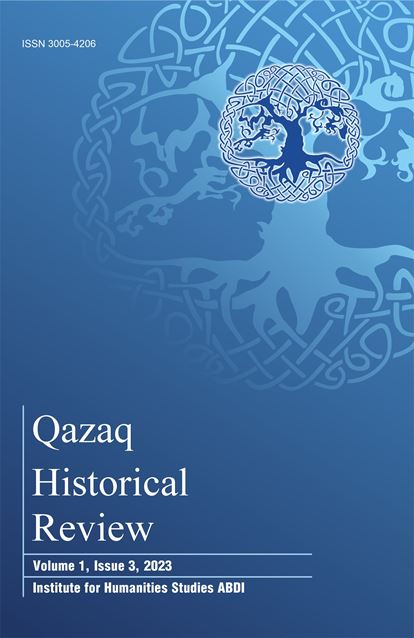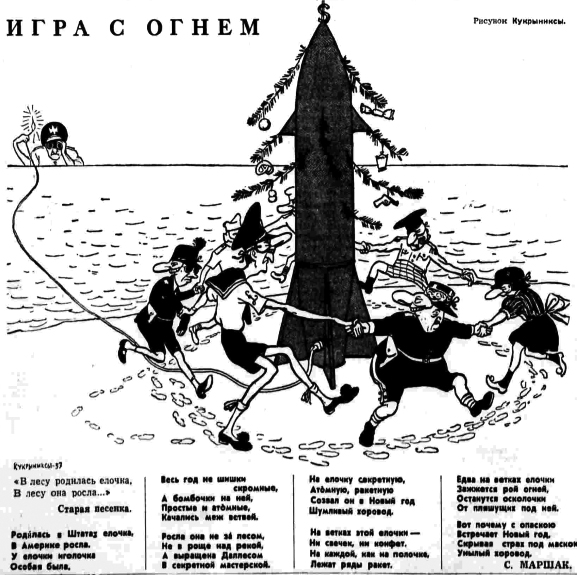Vol. 1 No. 3 (2023)

In the field of historical policy in Qazaqstan in recent years, the studies of the tragic pages of the Soviet past and the influence of the dramatic events of those years on the fate of the Qazaqs occupy a special place. The political leadership of Qazaqstan speaks of the need for an objective study of the past by qualified specialists. Much attention is paid to the problems of the 1930s famine among the Qazaqs, repression, and forced deportation of peoples to Qazaqstan. According to the head of state, Kassym-Jomart Tokayev, a restrained and responsible approach from a verified scientific position, without loud slogans and populism, will contribute to an objective assessment of the tragedy of the mass famine of the Qazaq people. For more than three years (2020–2024), the State Commission for the complete rehabilitation of victims of political repression of the 1920–1950s has been working in Qazaqstan. It has carried out extensive research work, opened more than 2.6 million documents and materials, and rehabilitated more than 311 thousand victims of political repression. Historians and archivists in Qazaqstan continue their work in this direction. Taking all this into account, the editorial board of the scholarly journal “Qazaq Historical Review” and the team of the ABDI Institute for Humanities Studies have devoted the current issue (2023, 3) to the history of famine, repression, and deportation of peoples in the Soviet Union. The editorial board has invited leading modern historians to publish the results of their research and hopes that the newly published material will help specialists in further research.
Qazaq historian Aliya Bolatkhan considers the history of Kalmyk “special settlers” in the Alma-Ata region of the Qazaq SSR from 1944 to 1953 as a special group that had confirmed its “Sovietness.” Articles by Natalia Kuzovova and Svetlana Smagulova analyze the severe consequences of famine in Ukraine and Qazaqstan among ethnic minorities and children. Professor Turganbek Allaniyazov analyzes the review reports of the KGB of the Qazaq SSR on the armed uprisings of 1929–1931. German historian Professor Victor Dönninghaus explores the tragic pages of the mass emigration of the German population from the Soviet Union in the late 1920s to Europe and America, called “American fever." The young Belarusian historian Kiryl Latyshau summarized information from post-Soviet historiography about the Bukhtarma Old Believers, who, under conditions of Soviet repression, tried to preserve their identity and traditionalism. The article by Yulia Prostakova is devoted to the problem of representing the image of the “West” in the periodical press of the Soviet Union in the second half of the 1950s and 1960s. Professor Albina Zhanbossinova, tells the story of the tragic fate of three generations of the Aldiyarov family, who found themselves at the epicenter of the socio-political events of the 1920s–1950s, based on archival documents,
The special editor of the issue is Albina Zhanbossinova, a Doctor of History and Professor of the Lev Gumilyov Eurasian National University.











